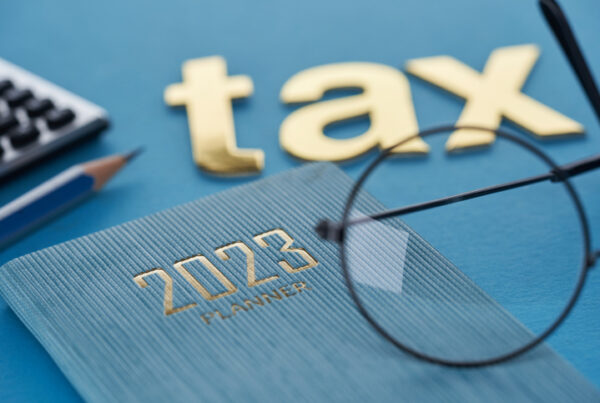The House of Representatives’ highly anticipated bill, the “Paycheck Protection Program Flexibility Act of 2020,” was passed by the Senate on Wednesday, June 3rd, and is expected to be signed by the President soon. Read below for the key provisions of this bill and the major impacts this will have on the Paycheck Protection Program (PPP) loan forgiveness.
Key Provisions of the Bill
1. The covered period has been extended from 8 weeks to 24 weeks (or a cutoff of December 31, 2020, whichever comes first) to utilize PPP funds toward forgivable expenses. Note that a borrower can still elect to keep the covered period as 8 weeks
2. The bill increases the current forgiveness limitation on non-payroll costs from 25% to 40%. The bill also reduces the requirement established by the SBA that at least 75% of the loan proceeds must be used for payroll to now only be at least 60%. This will provide businesses with additional flexibility on how to spend their PPP proceeds.
3. The safe harbor provisions to restore any reductions in salary/hourly wages or full-time equivalency (FTE) employees has been extended from June 30, 2020 to December 31, 2020. Additionally, the bill allows for an exception for businesses that are unable to rehire employees/hire similarly qualified employees. There is also an exception for businesses that cannot return to their normal level of business due to new government regulations resulting from the pandemic. Under both exceptions, certain ‘good faith’ representations must be made, along with the necessary documentation.
4. The original law stated that loan payments would be deferred for six months. This time period has now been extended, so that lenders will now defer the principal and interest payments until the date the SBA informs the lender of the forgiveness amount. Additionally, for any loans made after the date of enactment of the law, the term of the loan has increased from two years to five years for repayment.
5. The bill allows businesses to take advantage of the payroll tax deferral option from the CARES Act for a longer period of time. Employers previously had the option to defer their portion of 2020 Social Security tax through the date their loan was forgiven. They would be required to pay this 2020 tax later in 2021 and 2022. This new bill now allows deferral of the 2020 employer Social Security tax through December 31, 2020, regardless of when their PPP loan is forgiven.





